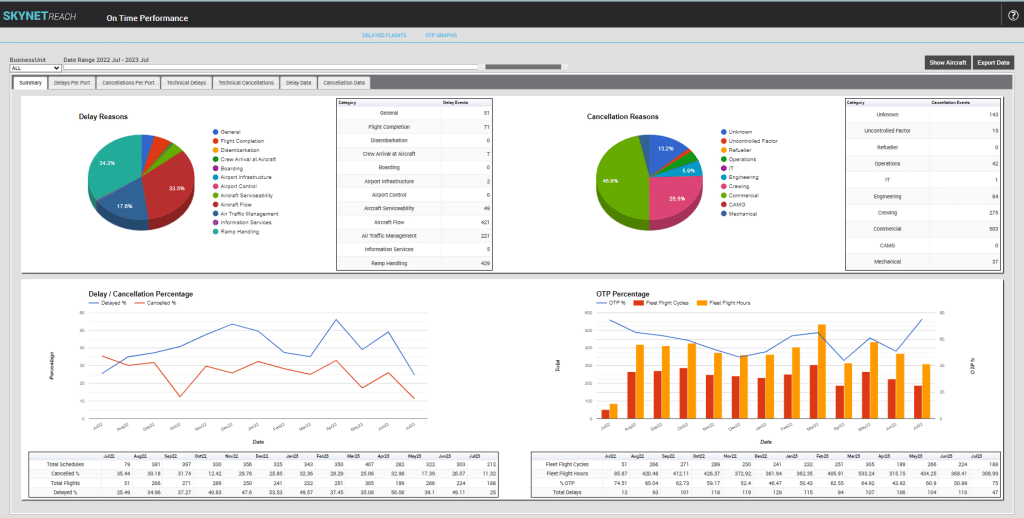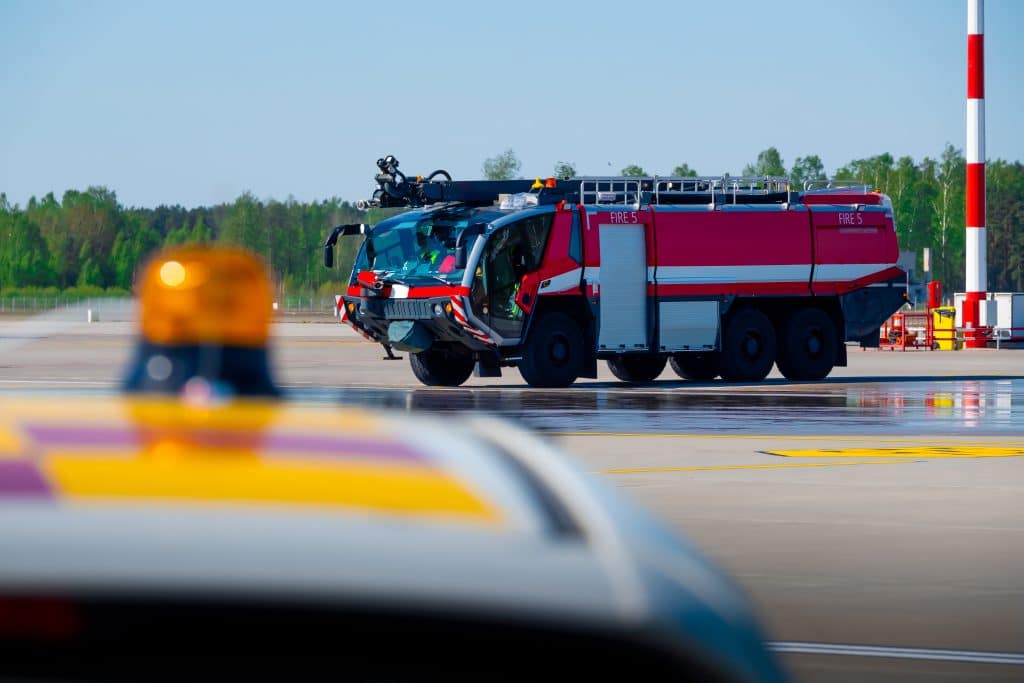When we think about operational control in aviation, the immediate image that comes to mind is the Pilot in Command (PIC) who is responsible for flying the aircraft safely to its destination. But what about pre-flight operations, who is in control within your Operations Control Centre (OCC)? From a safety perspective, and depending on your jurisdiction, this can be the Flight Dispatcher. But what about the broader control to benefit the whole business? Where does that lie?
Clear definition of this is essential for efficient, and often critical, decision-making, ensuring both safety and ultimately the success of the business.

Business Decisions that go beyond safety.
Operational control is often synonymous with safety, and rightly so. Ensuring every flight meets rigorous safety standards is non-negotiable. But once the safety box is checked, the focus shifts to efficiency and profitability. The person (or team) responsible for operational control must integrate input from various departments to make the best overall decisions for the business, but does this person have all the information they need to make the right decision?
Who is in charge?
Is the operational controller in your OCC clearly appointed, or is this role potentially undefined? It’s vital to clearly identify who is responsible for making the best business decisions with the available information. This goes beyond flight planning and the day to day operations. The operational controller must have a comprehensive view, considering the implications of their decisions on every department and what is best for the business.
Anyone who has worked in an OCC knows how the situation goes, a great decision for one department is not the case for the next.
Have any or all of the following scenarios ever happened in your OCC?
- Ops cancels the flight, but they didn’t talk to guest recovery about hotel room availability.
- The charter team books a hugely profitable charter without asking Dispatch or Load Control if the aircraft can even operate the sector with the requested payload.
- The commercial team makes a schedule that gives maximum efficiency with the aircraft, but the company doesn’t have enough pilots or flight attendants to actually fly it all.
Each one of these examples can lead to loss of profit, consumer confidence, or bad media coverage. Or worse, all of the above!

The key to effective operational control lies in the ability to take a holistic view, an overarching viewpoint of the ‘big picture.’ The appointed decision-maker needs to consider information from all relevant departments, making choices that are safe and beneficial for not just the flight, not just the airline, but for the business.
This requires a comprehensive understanding of the operation, and in turn each department understanding the requirement to liaise with the person in charge of the final decision. With clear communication, high coordination, and strong situational awareness within the OCC, decisions will be made that align with the best objectives of the business.
Operational control in aviation is about more than managing flights—it’s about steering the entire business towards success. By clearly defining roles and ensuring that decision-makers have access to all necessary information, you can achieve a balance between safety, efficiency, and profitability.
When assessing where your OCC is and where you’d like to take it, our OCC Healthcheck is the first place to start. And the best part is it will only take you 10 minutes to complete. .
If you have any questions about your OCC, are facing challenges, or are interested in exploring potential improvements, SkyNet invites you to reach out. Even a minor shift to your OCC could save significant time and money, leading to substantial benefits for your operation.




